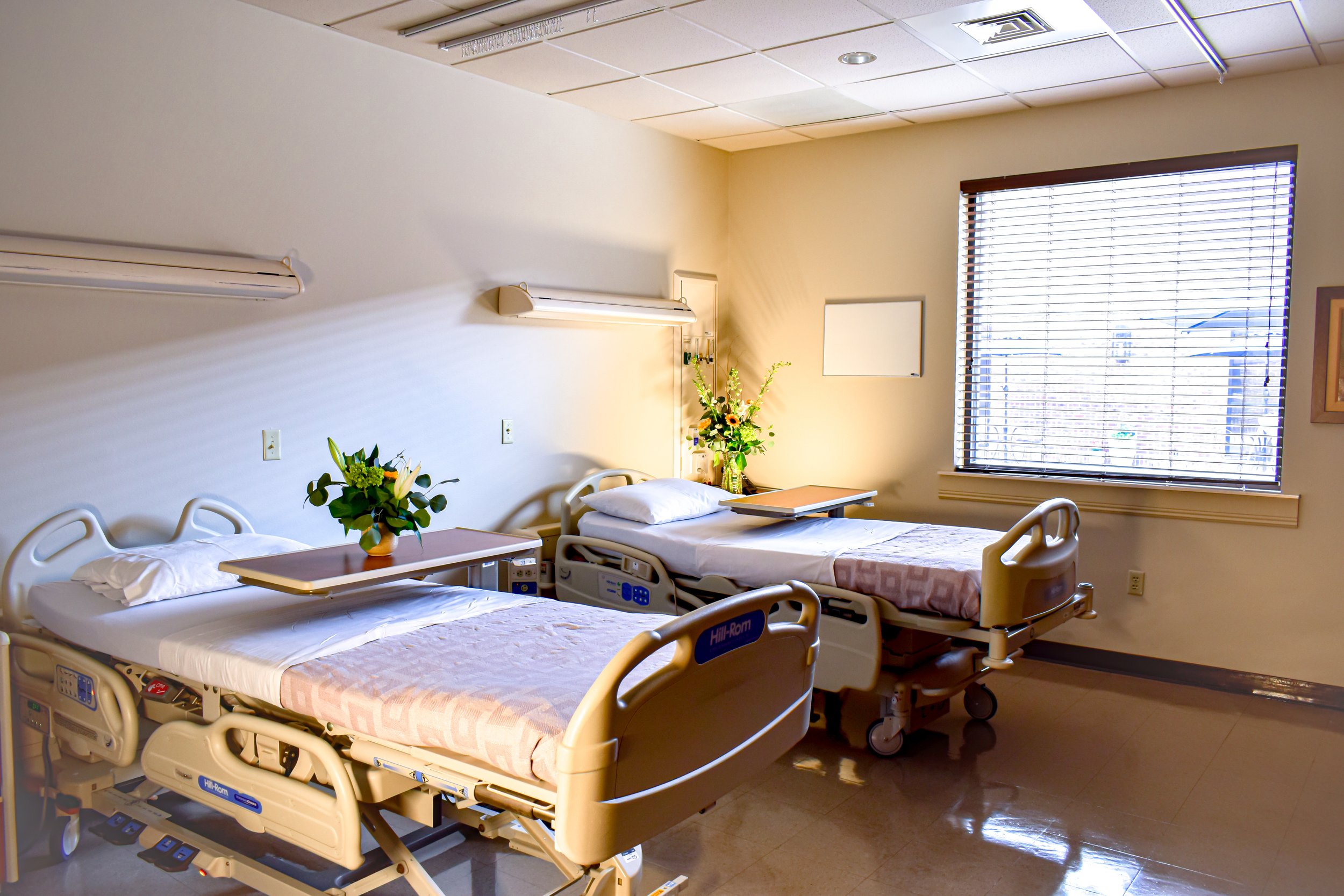
For Patients
We accept care credit as a payment plan. Please apply below
We have 6 operating rooms, 2 Treatment Rooms,
5 Intensive Care Rooms, and 17 In-Patient Rooms
-
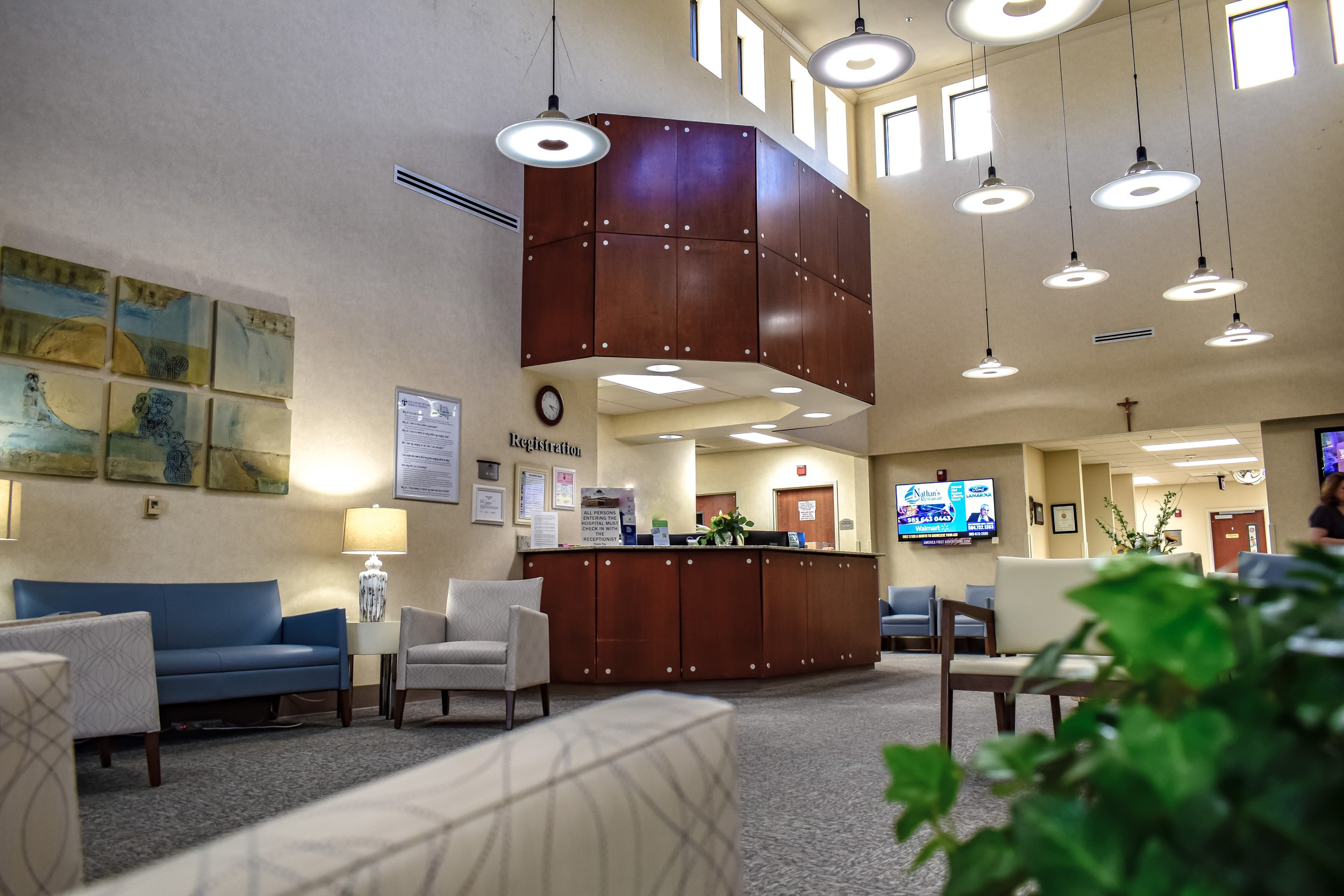
Reception
-
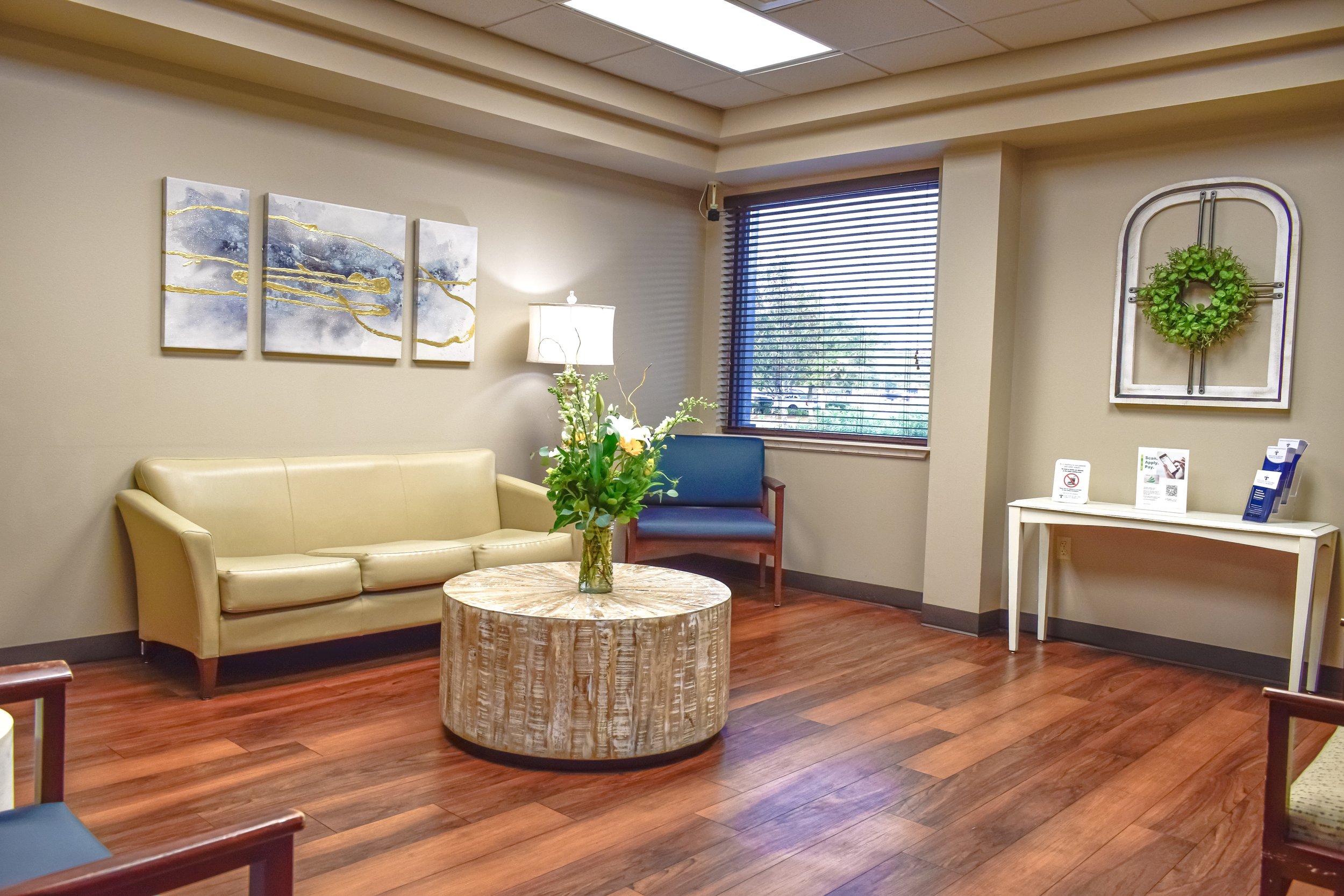
Waiting Room
-
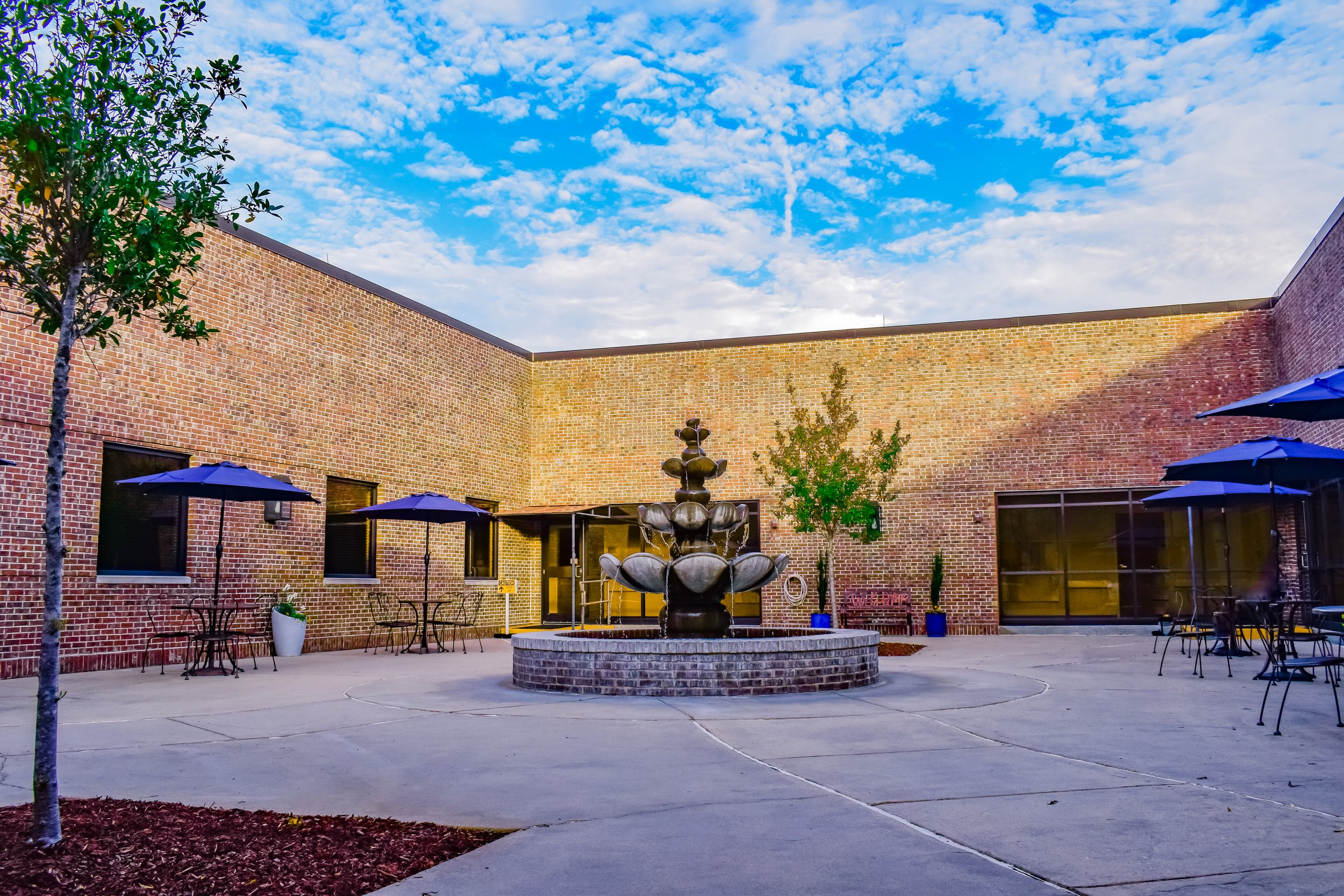
Courtyard
-
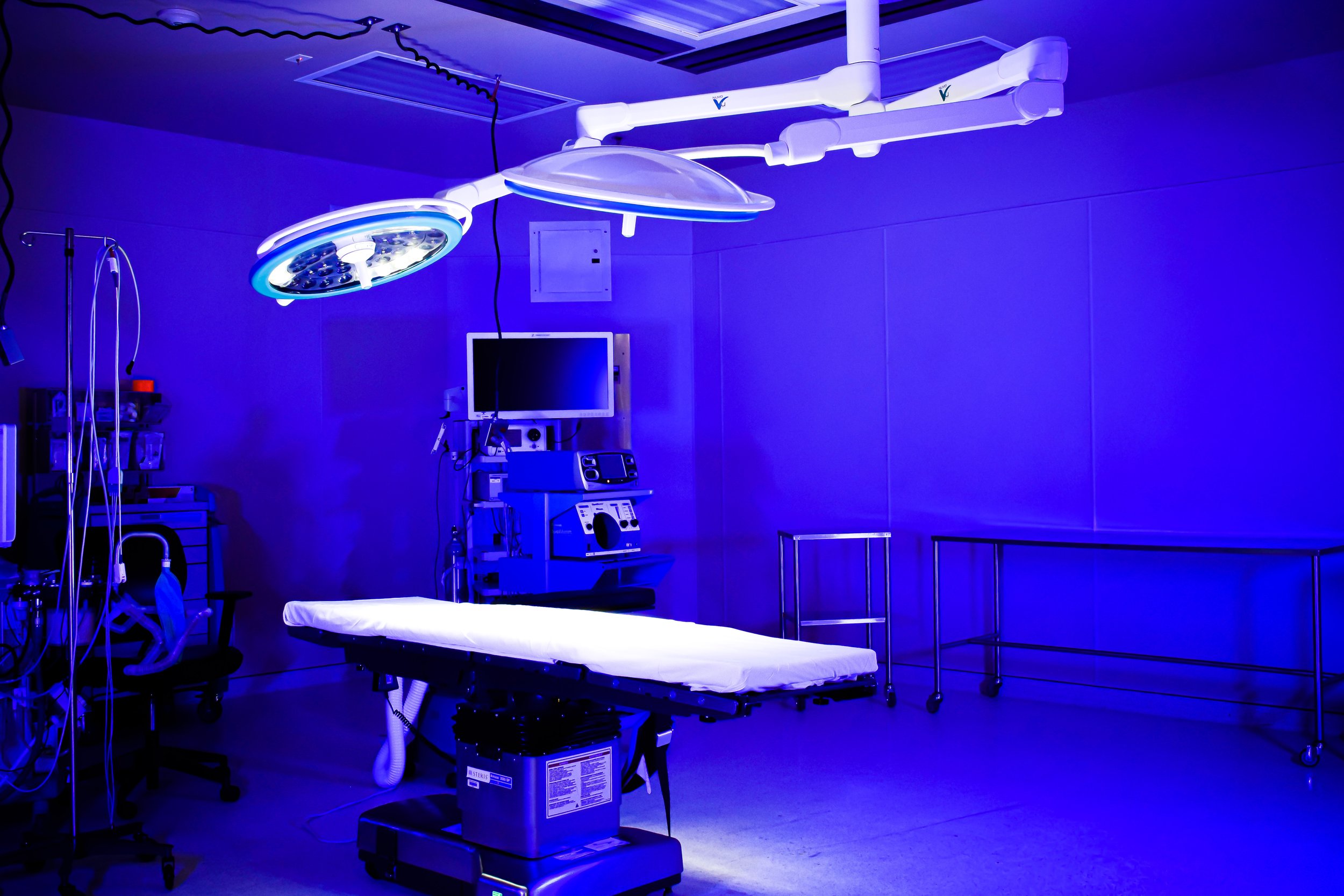
Operating Room
-
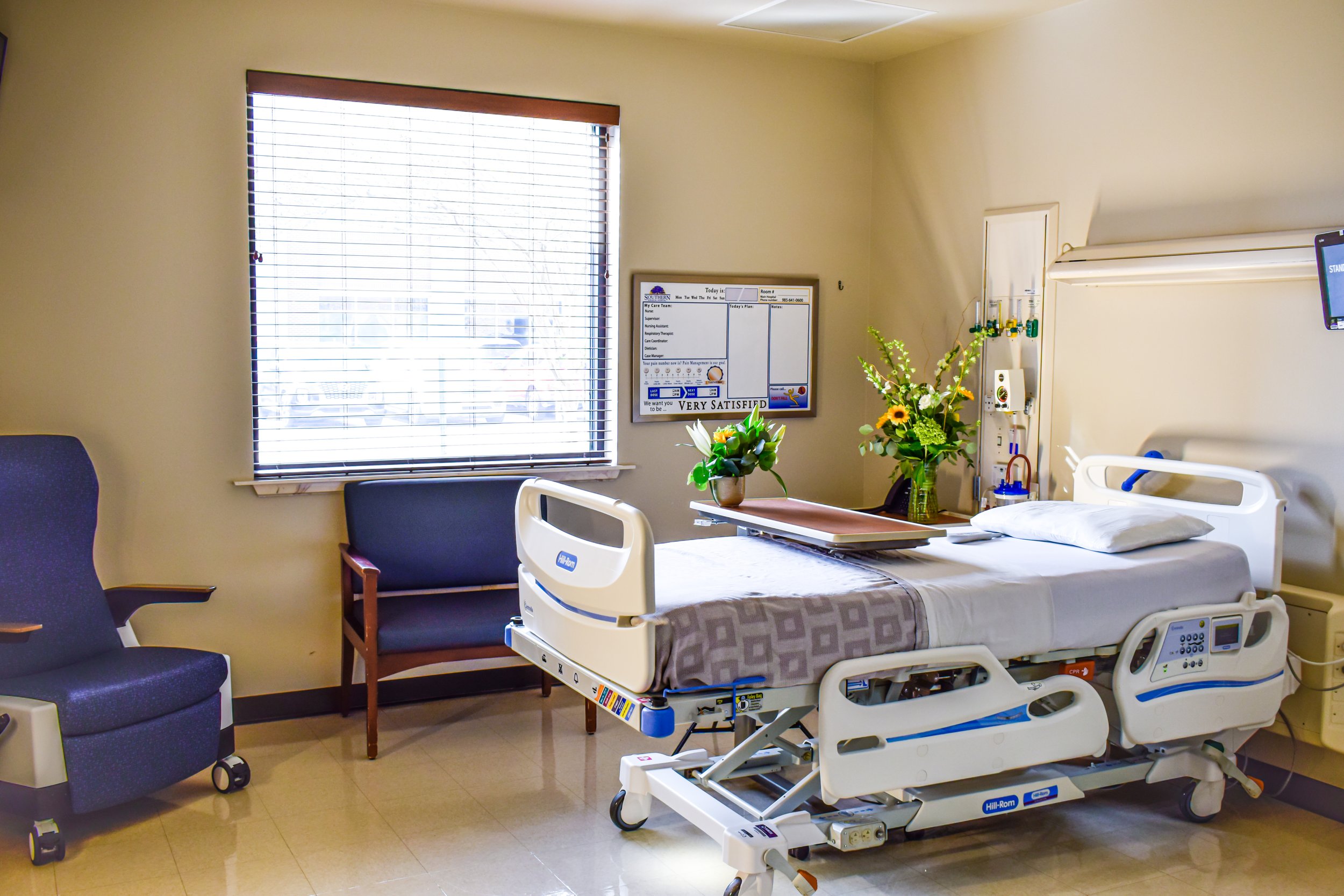
Intensive Care Room
-

In-Patient Room
-
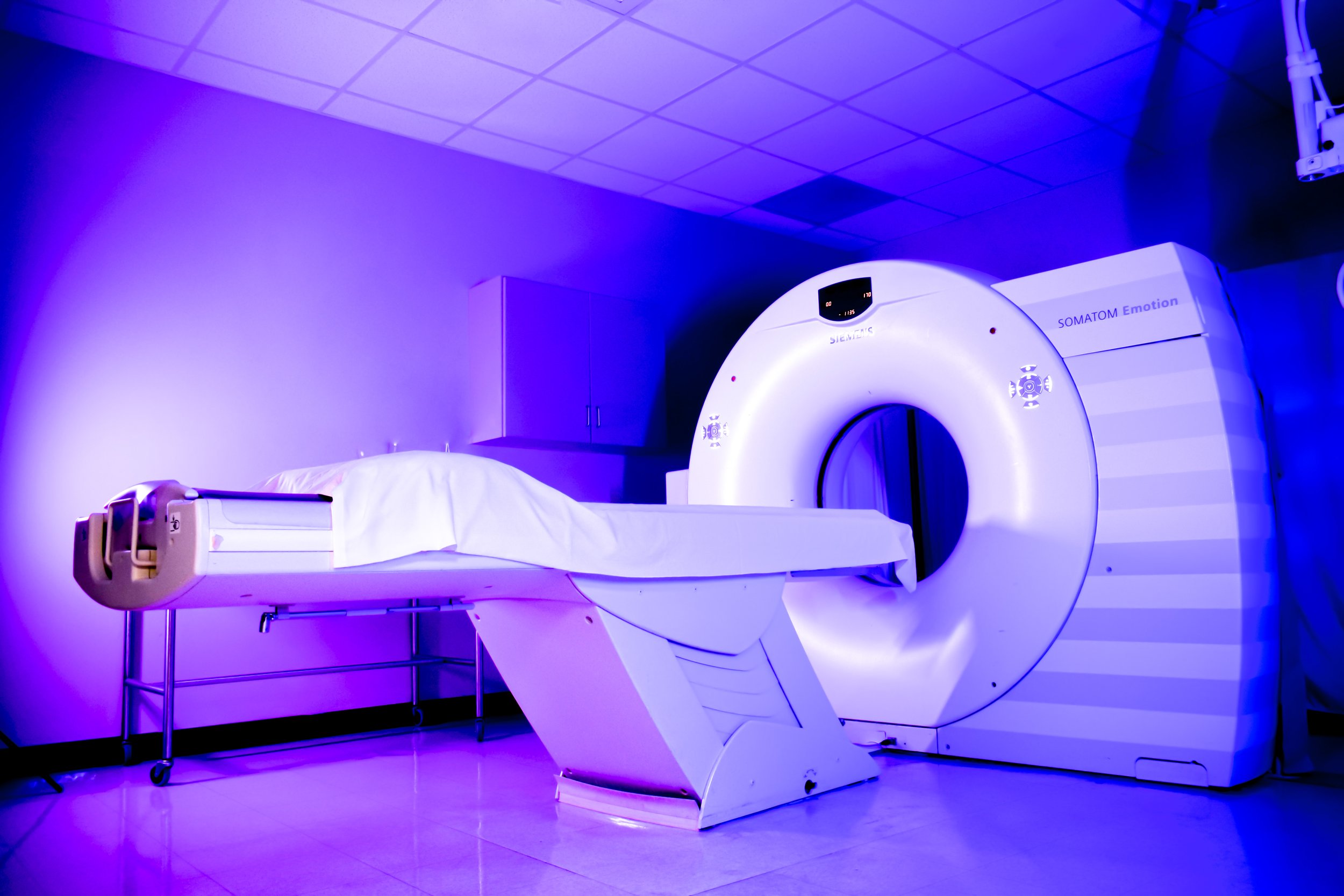
Imaging Room
-
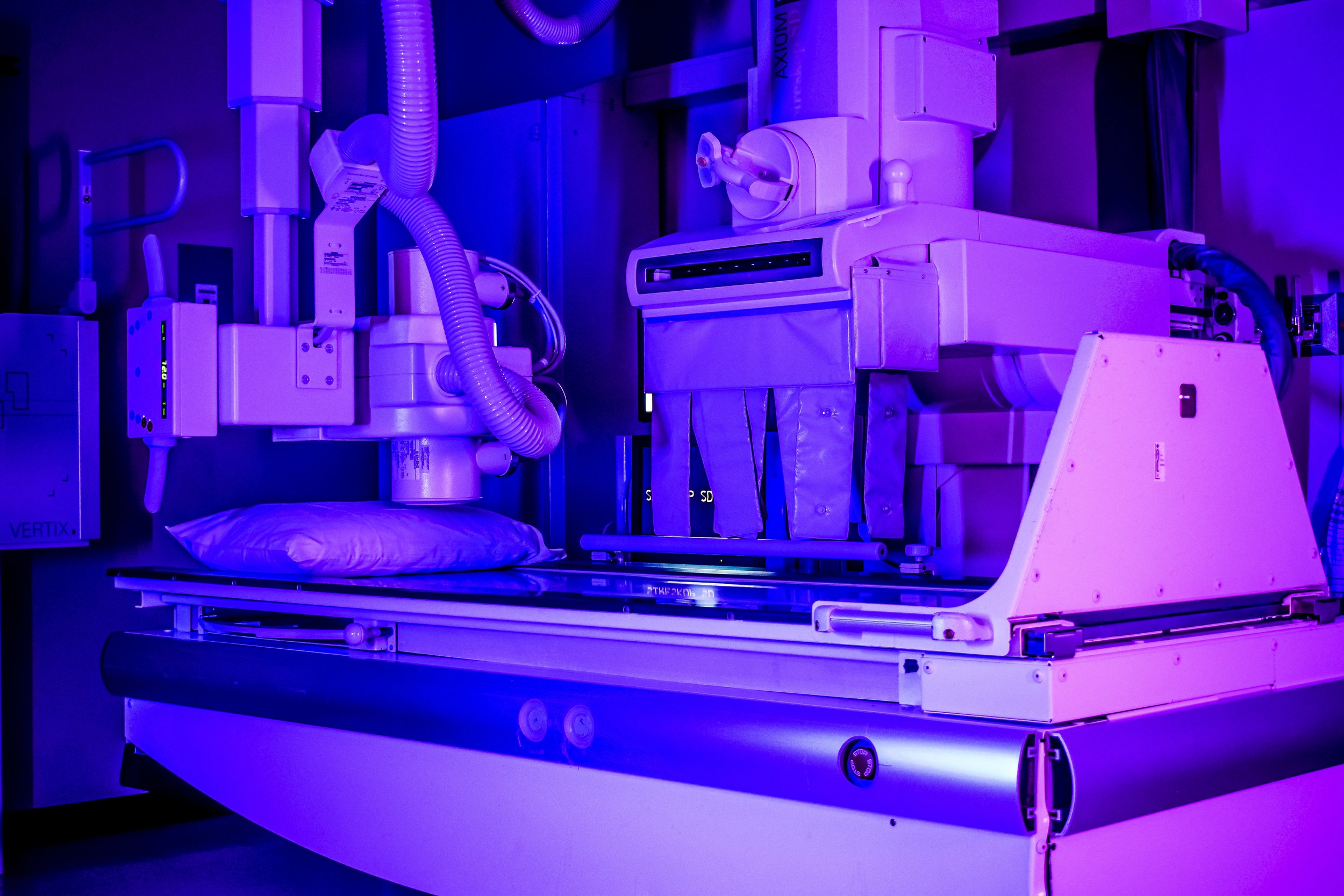
X-Ray Room
FAQs
About Your Surgery
Before Procedure
-
Your physician may order pre-procedure lab work, EKG, and/or X-Rays as indicated by the type of procedure and/or anesthesia you are having.
-
Yes, we will contact you to confirm your Pre-Admission appointment or phone call. We will also contact you the afternoon prior to your procedure to let you know what time to arrive for your procedure.
-
Typically, food and drink are held for 8 eight hours prior to your procedure. However, you will be given specific instructions by our staff on your pre-procedure fasting time.
-
You will be given specific instructions by our staff on which medications to take the day of your procedure.
-
Patient safety checks are an important component of medical care. For your safety, staff members that assists you will verify your name and date of birth to ensure that we have the correct patient. In addition, you will be asked multiple times the type and location of your procedure.
-
It is imperative to follow your physician’s instructions for caring for any wounds or surgical site. Diligent hand-washing is also important part of infection prevention.
-
We aim to make the experience as comfortable as possible for children and families. A comforting adult may stay with the child in the pre-op area prior to the procedure. We also bring in a comforting adult to the PACU (Post Anesthesia Care Unit) shortly after the procedure.
-
Bring your driver’s license or photo ID, insurance cards, any co-pays, co-insurance or deductibles, and any legal documents pertaining to your care or dependents care.
Anesthesia
-
Most procedures require some form of anesthesia. Since anesthesia affects different people in different ways, it is important that our care team choose the best anesthesia method for you and your type of procedure. You will be able to discuss your options for anesthesia with the Anesthesiologist.
-
This depends on what your physician has ordered for you but in many cases, a pre-operative sedative is used to help with anxiety.
-
There are several risks that your anesthesia provider will address with you as part of receiving your consent. Your anesthesia provider will also be able to answer questions or address concerns prior to your procedure.
-
Yes, the anesthesia group is affiliated with our hospital but they are independent providers.
-
If your stomach is empty, the risk of vomiting during a procedure is greatly reduced. Vomiting during procedures can cause serious complications.
Day of Procedure
-
Casual, loose-fitting clothing to wear home. Wear a button-down shirt if you are having shoulder surgery. Wear safe, slip-resistant shoes. Leave all jewelry and other valuables at home.
-
We will greet you in the main lobby to confirm your identity and procedure. The registration process is completed as needed. You and your family may wait in this area until the pre-procedure area is ready to receive you.
-
We have patient lockers to securely store your clothing and belongings as needed. Please leave your jewelry and valuables at home.
-
Your scheduled procedure time is an estimated time. Cases may take a shorter or longer amount of time than anticipated. We will make every effort to inform you of any delays. When the pre-procedure area is ready to receive you, we will come to the lobby to take you to that area for preparation.
-
Patient safety checks are an important component of medical care. For your safety, staff members that assists you will verify your name and date of birth to ensure that we have the correct patient. In addition, you will be asked multiple times the type and location of your procedure.
-
It is imperative to follow your physician’s instructions for caring for any wounds or surgical site. Diligent hand-washing is also important part of infection prevention.
-
We make every effort to allow your family to wait with you if you desire. The pre-procedure nurse will come for you after most of the preparation is completed. This preparation can include IV placement, vital signs, assessment, and questions about health history.
-
Yes, we welcome those items that are a comfort to your child.
-
We will contact you the afternoon prior to your procedure to let you know what time to arrive for your procedure.
-
We ask that you do not smoke within 24 hours prior to your procedure.
After Procedure
-
We will communicate your progress to your physician and keep you and your family informed of the plan. We offer overnight accommodations if your physician decides to admit you to the hospital.
-
Inform your physician of your symptoms. Their contact number is provided on your discharge paperwork.
-
We recommend a light meal with nothing heavy or greasy if you are able to eat normally. Slowly progress your diet to see how you tolerate food and drink.
-
Pain can be expected following many procedures and surgeries. Medications may be ordered and given through injections or orally to help control the pain.
-
Yes, most patients are reunited with their families in the second phase of Recovery (after PACU) or on the Inpatient Unit
-
You must make arrangements for someone to drive you home following your procedure.
-
Upon discharge, we will inform you of medications to hold or restart after the procedure.
-
This depends on the type of procedure that you have along with the anesthesia used.
Additional Documents
-
Financial Assistance Application
Financial Assistance Financial Assistance Application - Spanish - Spanish
Patient Financial Language Summary
Patient Financial Language Summary - Spanish
Financial Assistance Policy - Spanish
Physician Providers - Covered by the Financial Program
-
-
-
Hospital Pricing Information
New guidelines established by the United States Department of Health and Human Services require hospitals to place a list of their standard charges on their website. This includes the hospital’s standard charges for each diagnosis-related group (DRG). A DRG provides a way to categorize the type of patients a hospital treats and covers all charges associated with an inpatient stay from admission to discharge.
We understand that the costs of care can be confusing. A comprehensive list, generally referred to as the hospital’s “chargemaster,” includes the standard charges established by the hospital for individual services and supplies provided and may be accessed below. The hospital’s average charges for each DRG also may be accessed below. The payment amounts that hospitals receive for patient care do not necessarily reflect the prices on either the chargemaster or the hospital’s average DRG charge.
If you have private insurance and are interested in understanding what your “out-of-pocket” costs may be for the care you receive at the hospital, we encourage you to contact your health insurance company because it is in the best position to help you understand your healthcare financial obligations. For patients with Medicare or Medicaid or patients without insurance, you may contact the hospital’s patient financial services department for estimates or additional information.
For any assistance regarding this information, please call (985) 641-0600.
See the following links for more information about our Charge Master, our Estimated Charges per OP procedure, or our Estimated Charges per IP procedure
We are open 24/7 and located in the heart of Slidell, Louisiana in St Tammany Parish
There are several ways to get in touch with us.
Phone: (985) 641-0600
Fax: (985) 265-1020
Email: contact@ololsh.com
